Working farm, our almost dream farm
It has come to our attention that we may never actually have a farm that is our major source of income. It’s a bit of a drag really, and based on our experience, it has more to do with sustainability than anything else. So we look into what kind of farm we can do, like a working farm.
Are there people making money? Absolutely.
But, from what we’ve seen it’s people who don’t have mortgages on their homes and have money to invest in infrastructure and equipment. We don’t. Or, at least we didn’t. And we spent years figuring out how to even get our hands on some land.
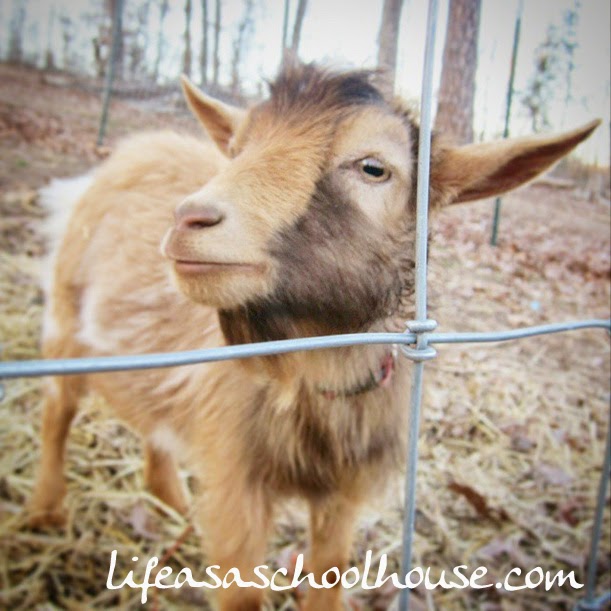
Our hope is not to discourage anyone from striving for their farm dream–but we do hope to encourage MORE people to reach for their homestead dreams because ultimately we’re all more sustainable if we’re all more sustainable.
Go ahead, read that line again. But, homestead dreams are different than farm dreams…
What’s that?
Do you think if you had free-range chickens fed with the finest of non-GMO, organic, local grains you could charge a fair price and get it? There’s a demand for that? Well, we’ve done the math.
And, if you’re doing good, breaking even seems fair. After all, the feed is paid for when selling those egg-cess eggs, but the person willing to pay $8/dozen is hard to come by. But, that is the market value of a dozen of our eggs.
Probably more if we included a fair labor wage. We’re thrilled to feed our children eggs worth upwards of $8/dozen because they’re worth it. But, not so many parents think so simply because they can’t afford it.
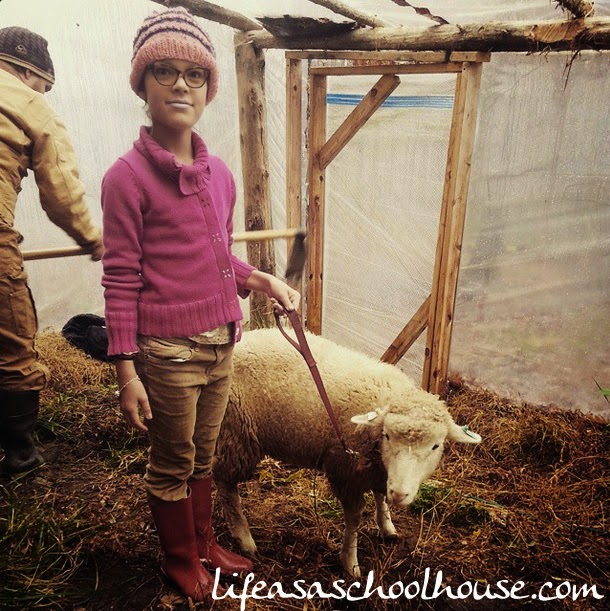
The cost to get the working farm
Again, take heart–do not be dissuaded. We are all in this boat together.
The value of food in modern society is tragically lost. Don’t even get me started on what we would have to charge per pound of chicken meat to earn anything remotely resembling a profit. We’re thrilled to give our children the experience of being sustainable–that’s the real payday. But we’ve had to admit, there would be no way to sell to markets. Direct to consumer sales are the only small possibility.
But alas, there’s marketing fees and more time investment.
Our chicken is good. We’ve ironed out the kinks and it’s mighty tasty and something to be proud of, and we’re fortunate to have a freezer full of these chickens.
On occasion we sell–heck, maybe one day we will owe zero dollars and have the infrastructure and healthy soil and fields it requires to do everything from hatch to feed these birds on our own… but still, that’s a lot of investment. Still the goal, to have that for future generations. But, for our generation, we are only beginning and need to be realistic.
It is somewhat ok
You’ll find books and farmers out there saying it’s totally doable. But, they’re usually selling a book.
Who’s going to buy the book we write about the impossibility? Books fund farms. So…maybe we should be less dreary and more optimistic to get those of you like us to buy it.
It’s ok not to believe in that possibility. It’s ok to realize that things will have to be seriously altered, head-over-heels style, to make people realize the value of their food. And even then–even if education weren’t the only hang-up, it’d still have to be a ‘labor of love’ because there’s no retirement plan for the farm-income.
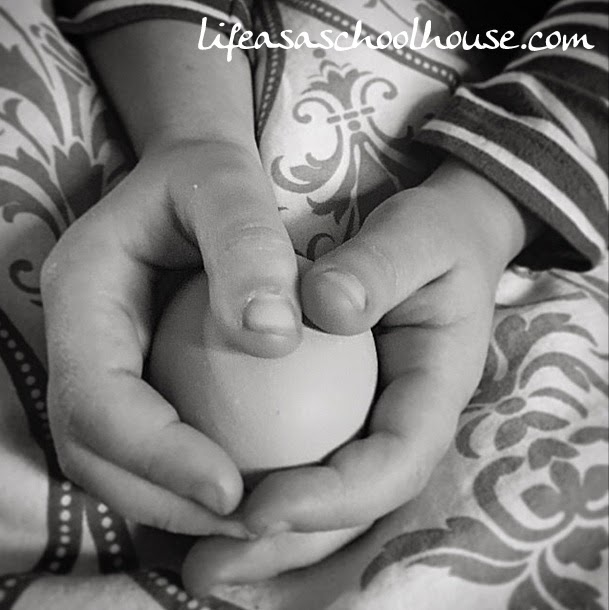
Even the most successful ethical agriculturist do not earn that much
At the most recent Sustainable Agriculture Conference in SC, we heard from Mark Shepard. It was great, inspirational, thought-provoking.
But, he said some things that were very meaningful to me that many seemed to overlook.
Mark Shepard has some great books, including Restoration Agriculture. It’s an amazing read, and his property in the mid-west is like an Eden in a desert of corn. He has restored balance and harmony on his acreage in a way that is far beyond just sustainable. For years he will be set in produce and bountiful pasture for his livestock and more importantly, his children.
It’s brilliant and as the title implies, revolutionary. But, he didn’t talk about how much money he makes from his farm. In fact, that was sort of brushed aside. What he did mention was as sustainable agriculture revolutionaries we need to get in on the ground floor of something.
For him, as one of the founding members of Organic Valley, a dairy co-operative, he has an income to aid in the building of his farm. A reliable source of profit. He isn’t just a farmer, he’s a businessman and the author of popular permaculture literature. He earns residuals.
What was our take away from that?
Hope!
Being in the midst of starting a farmstead, doing the math on installing fences and raising barns, let alone acquiring decent livestock and feeding them, you quickly become overwhelmed. (and we’ve done this all without heavy equipment so far, don’t get us started on that investment!)
Not to mention having bought a foreclosure or some cheap piece of land to get you started because you didn’t inherit the back 20, or a trust fund…
Well, that can all be disheartening, overwhelming, and even dangerously expensive. A debtor’s hay day. It wouldn’t take a great salesman to talk a person like this into the overhead of a tractor at x.y% apr. Debt and farming are like synonyms this day and age. But–that’s not sustainable either, and it’s certainly not good news for our kids.
So, where did I find hope in this speech from Mr. Shepard?
2 places actually.
1. ‘Get in on the ground floor of something.’
Thank goodness! We have done that and are passionate about that work, and the movement it is creating. (Great news, there’s plenty more room for others to get in on this, and we’d love to have you. Talk to us about what that looks like!)
But, the key is: find something that you’re similarly passionate about and use it to fund your farm dream. It’s totally possible. Just don’t quit- be willing to sacrifice your immediate comfort for the long term satisfaction.
2. We’re all more sustainable if we’re all more sustainable.
Think about that for a while.
What if you didn’t have to DO everything because your neighbor did the eggs and you do the milk and across the street they raise goats and you garden-swap weekly. Then you share equipment costs and trade canned goods…
What if THAT’S the goal we were all working toward?
What if you could go on vacation because you had a trustworthy network of folks who could pick up the slack for a week? The ultimate co-op.
And really, it’s the only sustainable model there is. Sure, it’s a stretch based on modern culture, but it doesn’t have to be. This is how it WAS and is in some places. Even in the city, this is the perfect solution. Heck, one guy could be the chiropractor or the midwife… it all sounds heavenly to me. If there’s one thing we’ve learned is this earth of ours is bountiful, plentiful. Everybody can thrive.
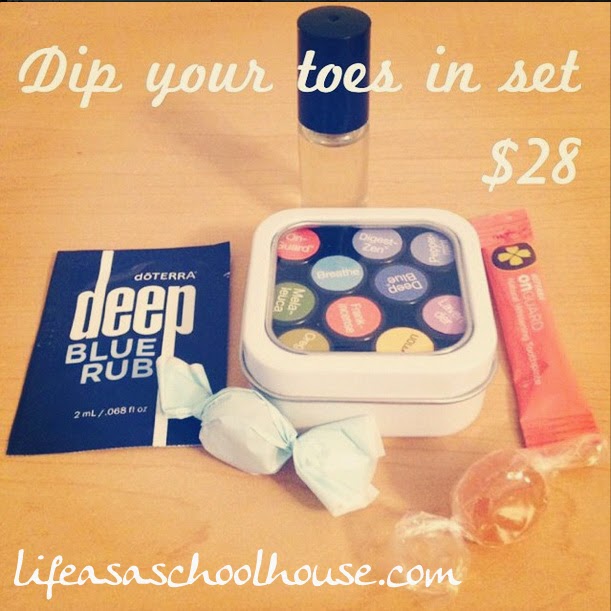
We’ll get our working farm, but not totally in our lifetime
At the rate our dreams are growing I don’t doubt we will see this movement in our lifetime.
We don’t expect our grandchildren to know much different.
So, first: fund your dream with something you love. Let your farm be your why in whatever it is that will get you there, but release the stress of thinking sustainable means profits, it doesn’t. It means enough for everyone. We’re all more sustainable if we’re all more sustainable. Find your profits somewhere else. That is all.
[activecampaign form=25]
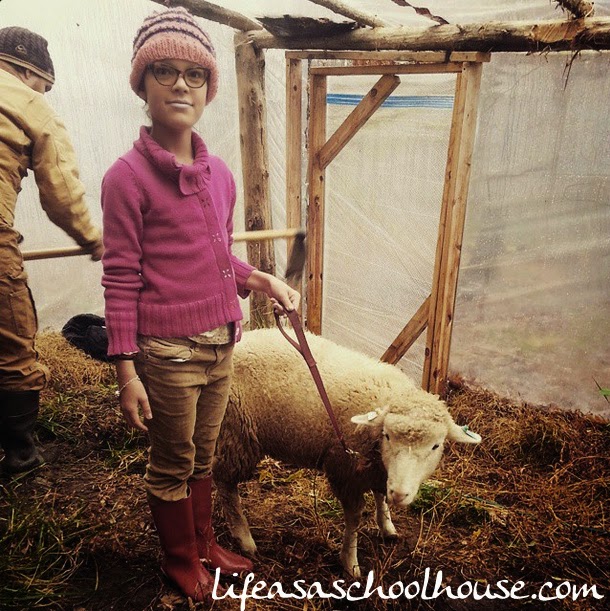
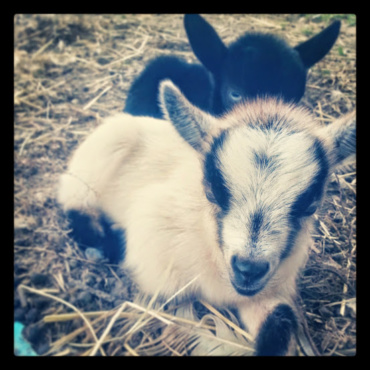
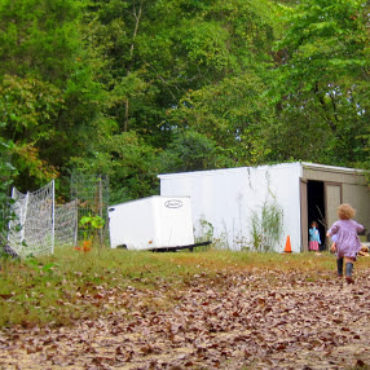

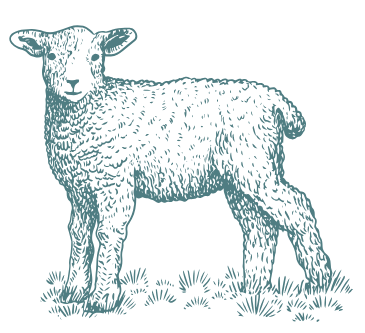
Add Comment